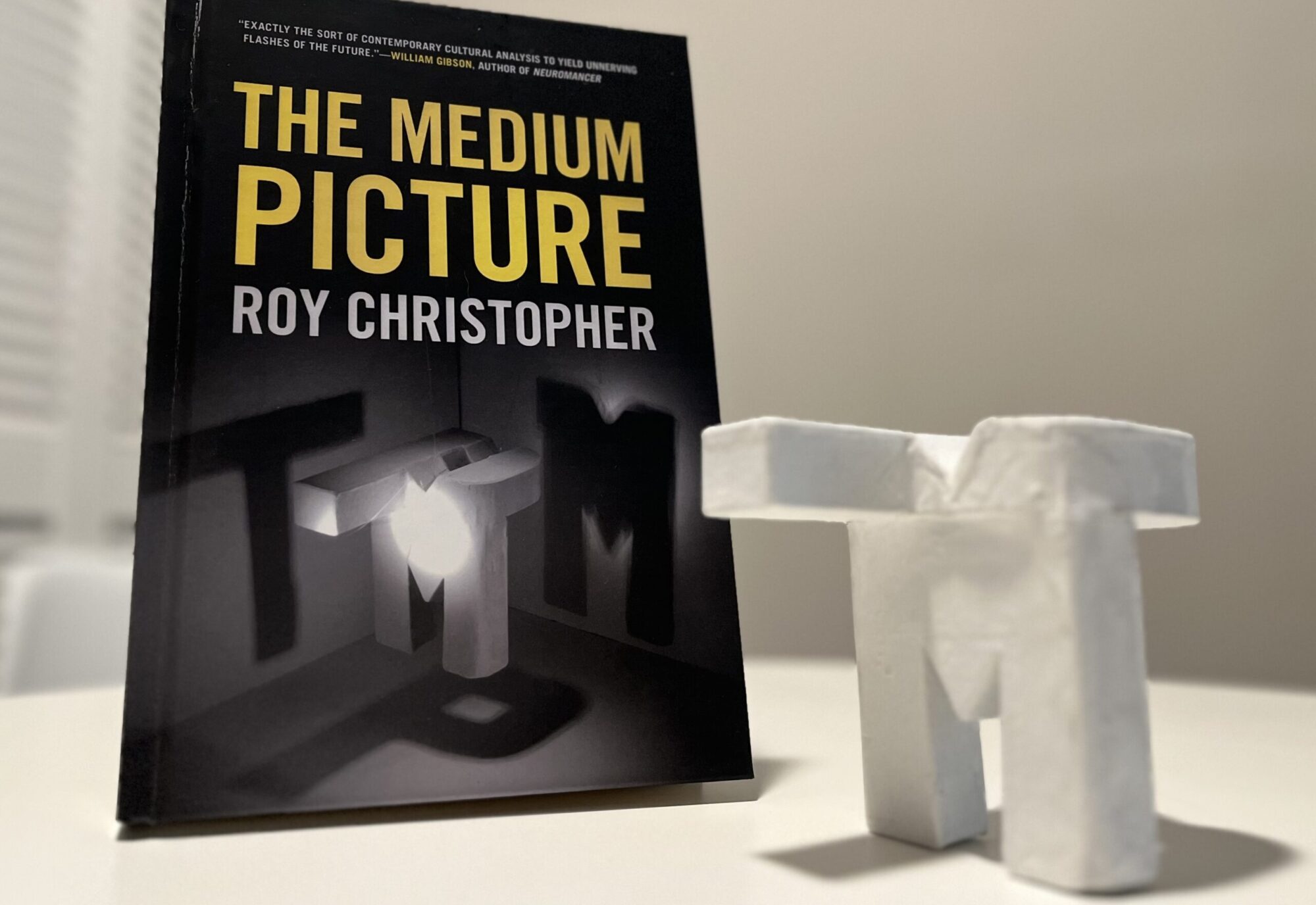Milemarker posted a critical essay from a fan on their website sometime in early 2002, and invited others to respond. This is my response (which was on their site for a while).
Endeavoring to critique a band/collective/commodity like Milemarker inevitably opens us all to nit-picking perceptions, semantics, our own roles in the play, and other topics about which we could write many volumes. I only wish here to present my own experience, thoughts and opinions about Milemarker. Perhaps this is the best I — or any one of us — can hope to do.
I was introduced to the music of Milemarker via a discussion with a long-distance friend about recent listening. Trusting this individual’s opinion about such things, I went looking for releases. Once fully immersed in the sounds and views of the collective known as Milemarker, I was hooked. Where had I been? They’ve been among my top 2 favorite bands since.
It has been brought to my attention by my girlfriend — who now counts herself as an avid Milemarker fan — that I view music completely differently from her and most people she knows. Her conversion to Milemarker fandom is the perfect occasion to discuss why this is.
I suppose (based on what my girlfriend explained to me about the difference between my musical tastes and others) that I come to music with more of a holistic approach than most people. To be considered important in my book, a band has to stir up many things in me beyond basic sonic aesthetics. Usually, either my emotions or my intellect. I do not say this to brag and sound like a music snob, but to say that Milemarker appeals to me on levels that few other bands do. Their music makes me think, it makes me angry, it makes me dance and it makes me sway in reverie. It’s truly rare for me to find music that does all of these things as well as Milemarker does them, but, for the sake of discussion, I will mention a few others that do and a few that come close: Public Enemy, Fugazi, Rage Against the Machine, Antipop Consortium, dälek, 7 Seconds, Mike Ladd, and KRS-One. No doubt that list doesn’t jibe with a lot of Milemarker fans. A lot of these bands set the stage for my enjoyment of Milemarker. In high school (and I’ll be dating myself here), I listened to a lot of Minor Threat, 7 Seconds, Boogie Down Productions, Ice-T, and Public Enemy (oh, and The Cure too). My impressionable mind was shaped in part by the attitudes and politics of Ian MacKaye, Kevin Seconds, KRS-One, Ice-T and Chuck D (oh, and Robert Smith). I see what Milemarker does as a logical extension of my growing experience with these bands — bands that made me think, made me angry, made me dance, and made me sway in reverie.
As for my experiences with Milemarker as people, I made the acquaintence of Al Burian and Dave Laney initially via email. We discussed many topics that finally culminated in the interview on my site frontwheeldrive.com. While I found them both open and engaging, Al seemed vaguely rude about some of my questions. Upon meeting them at a show in San Diego not long after our interview, I was quickly reminded of how ineffective email can be at conveying emotion and attitude. Al and Dave were both funny, cordial and talkative. Al even discussed how he was ‘messing with me’ on some of his answers to my emailed questions and I whole-heartedly appreciate his playful attitude (if easily misunderstood via email) toward me and other interview-seekers.
As for the cultural object vs. commodity debate (which I think is valid, if often misguided), what are we seeking when we criticize the ‘product line’? Is it authenticity? Purity? Is Rage Against the Machine less authentic because they’re on Epic/Sony? Would Milemarker be less authentic is they were on Warner Brothers?
No, says Josh Felt writing about this debate for Seattle’s The Stranger magazine. “There’s a huge problem with this criticism,” he writes. “Authenticity is subjective. Case in point: The person who thinks Nirvana was the height of authentic rock and therefore disdains any post-grunge band for being phony is obviously someone who had an important moment along the lines of that day in their bedroom listening to Nevermind when they were jarred into consciousness about the homogenous teen culture surrounding them.” This train of thought inevitably leads us back in time in infinite regress to the first rock bands, blues bands, jazz bands, big bands, stone-and-hollow-log bands, ad infinitum. “Authenticity comes from the moment you’re living in,” continues Felt, “not from the product you’re buying.”
Okay, I think I’ve opened up enough proverbial cans of worms here. I’ll wrap up by thanking Milemarker for doing what they do and for opening themselves up to critical discussion.
Peace, respect, and power to you,
-Roy Christopher
[milemarker.org, 2002]

